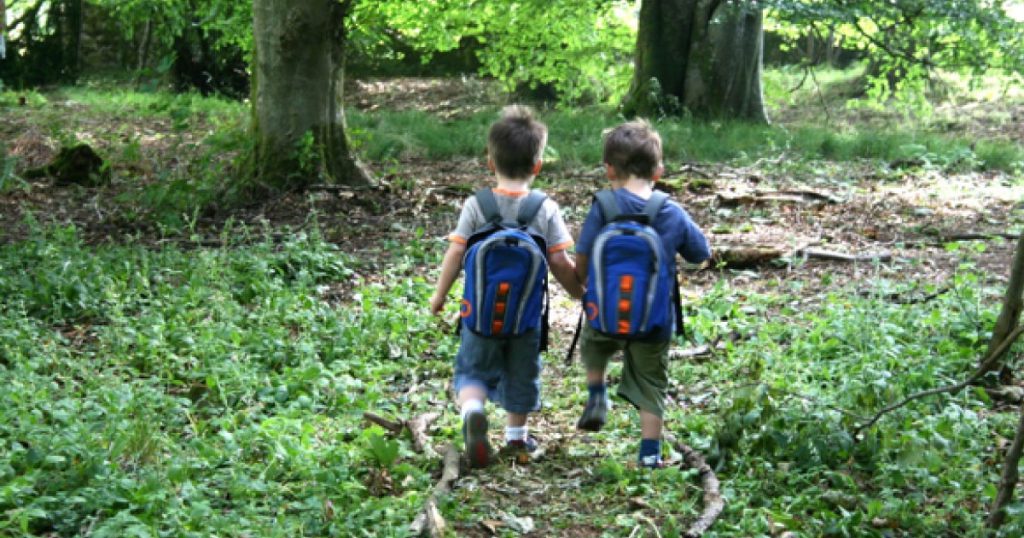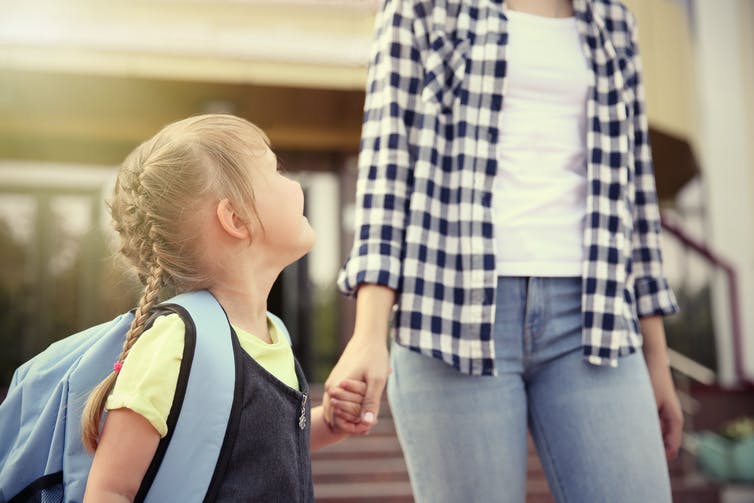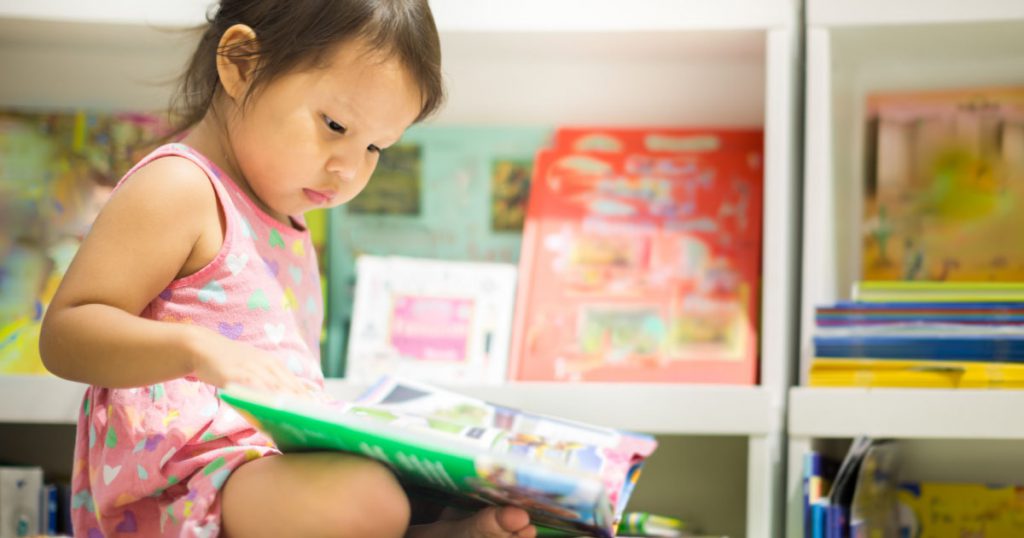 Less doing means more listening
Less doing means more listening
More listening means deeper understanding
Deeper understanding means authentic connections
Authentic connections mean stronger relationships
Stronger relationships mean deeper respect
Deeper respect means genuine bonds
Genuine bonds mean children being, becoming, belonging!
This inspiring quote comes from second year Bachelor of Early Childhood Education students at Victoria University (VU) (Melbourne) after completing their professional placement in early childhood virtually, or remotely, using Zoom. We called this Remote Placement in Early Childhood at VU (RPEC@VU). In a previous The Spoke post, I wrote about how academics at VU had re-imagined professional placements and developed this model prompted by the challenges and limitations brought about by COVID-19 in 2020. Lecturers and students took a leap of faith to ensure there were genuine and valuable opportunities for students to engage with children and families when traditional face-to-face placement was not possible, or advisable.
The model created by VU included students planning virtual playgroup sessions in collaboration with a local community centre, students establishing relationships and having authentic and meaningful conversations with children and their families, students partnering with parents to plan experiences based on the interests of the child and their family, students observing the child’s learning and development, students being mentored by a Bachelor trained mentor teacher, and closely observing videos of children playing and interacting. Whilst it is acknowledged that students must still gain experience through traditional face-to-face placements, our model enabled students to practice and strengthen a wide range of skills and knowledge, above and beyond those which may have been required through face-to-face placement. Students and lecturers, families and children saw many benefits from the program—numerous ‘unexpected outcomes’ and ‘silver linings’—that were surprising and exciting.
As detailed so eloquently in the quote above, many students found that the small group mentoring sessions (with a Bachelor trained early childhood teacher) allowed them to engage in deep reflective discussions. The feedback from students was that when on traditional placement, mentor teachers often did not have the time to engage in such discussions for such a length of time. Teachers are often managing competing interests and priorities whilst in the workplace. The RPEC mentoring sessions were strengthened even further through peer-to-peer interaction, an element often missing from traditional placement where students are usually placed in services individually. Students enjoyed the opportunity to reflect with peers and to be the focus of the mentor teacher’s attention—a beneficial silver lining.
With regards to establishing relationships, students found they were challenged to engage with families from the very first Zoom meeting and they needed to work hard to maintain the relationship and drive the conversation. This is in contrast to a traditional placement where there are many supports around the student in the form of the mentor teacher and other colleagues, to encourage and help facilitate student engagement with families. We know that students can find it daunting and difficult to engage with parents whilst on placement. Meeting the challenge of making the initial contact with families and establishing and maintaining conversations with parents and children served to boost students’ confidence immensely which was a valuable unexpected outcome.
Another ‘silver lining’ of the RPEC@VU program is a burgeoning partnership with Dublin City University (DCU). We were contacted by lecturers in early childhood at DCU who had seen the original The Spoke post. DCU has been moving their placements into the online space, the only university in Ireland to be doing so, and wanted to share ideas and experiences with us. We are currently organizing Communities of Practice for DUC and VU students to share their experiences and support each other through professional placements in the time of COVID-19. Whilst it appears our students here in Melbourne will be returning to face-to-face placements this year, our colleagues in Ireland are currently in strict lockdown with DCU students now facing the challenge of remote, online placements.
An outcome that was not unexpected, but rather planned explicitly for, was providing support for children and families in the difficult and stressful time that was COVID-19 in 2020. It was clear from the feedback from parents and children that we achieved this goal and we would like to congratulate and thank our students as well as the participating children and families for making RPEC@VU such a success! Here is some of the feedback we received from families:
By the time the last class came, Megan wouldn’t stop talking and laughing throughout her class with Jeremy. She even said for her next birthday, she would like a zoom lesson with Jeremy! I am extremely grateful to you for sending a very capable, down to earth and fun teacher.
Olive cried when it was her last session with Sarah. She is going to miss their sessions a lot.
Just finished up with a lovely student Amanda. She was great to talk to and it was a great way to break our day up and do something different!
edan loved engaging in the virtual placement with Zoe, it was so much fun and really engaging.
My daughter, 4 years old, found it fun and educational and it followed her interests well.
Note: the names of children and students have been changed for privacy reasons


